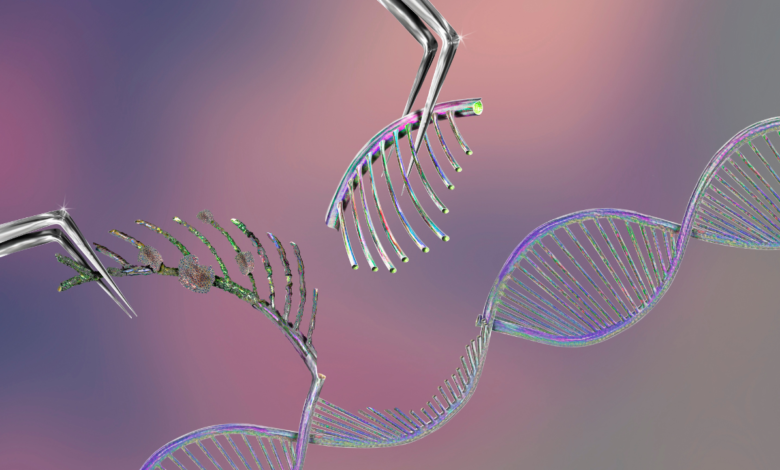200+ Genes Queries
What are the long-term implications of genetic diseases for children’s development and well-being?

The long-term implications of genetic diseases for children’s development and well-being can vary depending on the specific condition and the quality of care received. However, potential challenges may include:
- Physical limitations: Ongoing physical disabilities and limitations may impact daily activities and independence.
- Chronic health conditions: Many genetic diseases are chronic, requiring ongoing medical management and treatment.
- Social and emotional challenges: Difficulty forming relationships, finding employment, or achieving personal goals.
- Financial strain: Medical expenses and lost income can place a financial burden on families.





